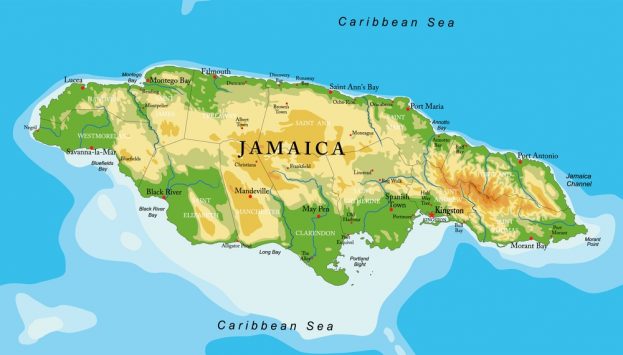
 The focus on tourism’s earning potential, its importance to our economy, the levels of retention of the gross dollars in the sector, have been the topic of discussions in the media over the past three weeks.
The focus on tourism’s earning potential, its importance to our economy, the levels of retention of the gross dollars in the sector, have been the topic of discussions in the media over the past three weeks.
On Sunday, 30th October 2018 David Jessop of the Caribbean Council writing in the Sunday Gleaner, introduced the concept of “over-tourism”.
I hasten to say that our current and previous ministers of tourism have been very hard-working, and have done a solid job in building the number of visitor arrivals (which efforts I commend). However, as a new travel world evolves the emphasis shifts from gross revenue to net profit. This is a fundamental stage in the lifecycle of a business, a brand, or a product.
Whenever there is tourism there must also be a geographically imposed constraint. Land is a limiting factor of the first order. To use an extreme example: I like Lime Cay, but 2,000 people on that little sand bar is uncomfortable, unsustainable, and simply impractical. So it is in the Caribbean islands and the growth analysis cannot only be about head counts, but rather sustainable development that can re-construct to meet new demands.
A second requirement must be the adaptability of the workforce to the new offerings. Among these is greater world knowledge, the ability to be multilingual, to understand the many tourists that will come with religious and lifestyle values. These are currently very sensitive topics that are relevant to current planning.
Thirdly, sun, sea, sand, sex, and sensi, are all subject to geographical limitations, taste changes, and regulations yet unforeseen, and may all have to be replaced. In that list I always wondered about the impact of finding oil in large quantities. This based on the wise words of David Jessop who suggests that cheap solar electricity is at our doorstep, and electricity-driven public and private transportation. He cites lower pollution, quieter cities, and other benefits for lowering tourism costs, and allowing for desalination plants that could diversify tourist locations.
Fourthly, there is the development of the costly infrastructure to accept floating hotels and shopping plazas (read cruise ships) with huge demands for water, sewage disposal, and food supplies not produced in Jamaica. With cheap solar energy as predicted, they will gain more cabin spaces as desalination becomes a reality without using huge generators (sq. metres, and weight) for energy.
Then they will not need our piers as they will be able to sail long distances without docking for water (one of the main attractions of Jamaica). So the demand for local craft and products at current destinations will evaporate. Local vendors will then have to bid for a chance to sell already cheap goods to the floating shopping centres aboard the super vessels. There they will have to compete with low cost craft producers like China in what will essentially be a bidding war,
In a successfully defended Doctoral Thesis at UWI Mona, the payback for the Falmouth Pier was calculated at 269 years at 0% interest. Therefore it is hard to view that as a viable investment based on the current timeframe of innovation and change, so before we have really perfected the location, the possibility of a “white elephant” confronts the nation, as we (citizens) all owe the money to replay that debt.
Further indicators are cited by Fritz Pinnock in ‘The Future of tourism in an emerging economy: the reality of the cruise industry in the Caribbean’, Worldwide Hospitality and Tourism Themes, Vol. 6 Issue 2, pages 127-137. This is worthy of a careful read. In addition, a lot of scholarly work has been done at The UWI, especially related to the methods of calculating the percentage of the dollar that we retain (net earnings).
Knowledge of the details of tourism dollar leakages is the first stage of planning a change strategy, as we have to correct those as we seek our own investment to fund the necessary transformation. A clear vision is required that will inform a direction that must be taken fairly soon, so that we can mitigate those challenges mentioned earlier that will take us well beyond our small size and insularity.
In a similar way to many other industries we are at the brink of disruptive innovation, and as a small player we need to choose our niche quickly, or risk being decimated by the coming tsunami. Realistically, Jamaica has to invent a form of tourism that requires large numbers of people to execute the thrills, the pampering, the entertainment, the exclusivity, the cuisine, and the general upgrade of our target travellers very quickly.
As I close the story with simple flour: The Italians have turned it into pizza, and a variety of pastas that sell for 10-20 times more than our cartwheel dumplings.
Let’s jump out of the box soon. Oliver Bjorkstrand Jersey



